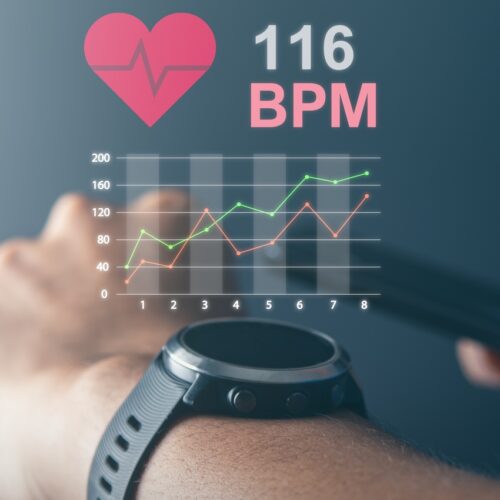This Sunday, November 2nd, clocks “fall back” one hour. That extra hour can help, or it can throw off your rhythm. Here’s how to use it as a health reset using wearable data and small, repeatable habits. Let’s dive in.
What to expect in your data (next 3–7 days)
- Sleep timing: Your device may show earlier sleepiness but a later actual bedtime if evening light/screen time stays high.
- Sleep efficiency: Can dip if you push bedtime too early. Aim to feel sleepy, not just “go because the clock says so.”
- HRV & RHR: Minor, temporary changes are normal with any circadian shift. HRV often trends up when sleep regularity and light exposure improve; RHR tracks the opposite.
- Readiness/Strain: If you train late or add caffeine late, you’ll likely see lower readiness the next morning.
72-Hour Reset (Saturday–Monday)
1. Lock wake time: The single strongest anchor. Keep it consistent within ~30 minutes, even with the clock change.
2. Get morning light: 10–20 minutes outdoors within an hour of waking. Light through your eyes sets your circadian clock, stabilizes energy, and supports earlier melatonin release at night.
3. Dim nights: Reduce overhead light and screens 90 minutes before bed. If you must screen, use dark mode + lower brightness.
4. Caffeine cutoff: No caffeine within 8 hours of target bedtime. Alcohol: avoid or keep to earlier, small servings (both disrupt deep and REM sleep).
5. Training timing: Keep high-intensity earlier in the day. Use easy Zone 2 or mobility in the evening if needed to wind down.
6) Temperature: Cool room (~65–69°F) and a warm-to-cool shower pre-bed improve sleep onset and deep sleep.
Habit nudges to try this week
- Cut caffeine 8 hours before bed: Caffeine has a half-life of ~5 hours and can delay melatonin release, making the clock shift feel worse.
- Eat your last meal 3 hours before bedtime: Late eating disrupts digestion and lowers sleep quality. Finishing earlier helps your body wind down naturally.
- Take a warm shower 60–90 minutes before bed: The post-shower drop in body temperature triggers sleepiness by mimicking your natural circadian cooling.
- Do 5 minutes of breathwork before bed: A simple 4-7-8 or slow nasal breathing session helps shift your nervous system from “fight or flight” to “rest and recover.”
- Avoid naps longer than 20 minutes on Sunday: Long naps push your biological clock later. If you need one, keep it short and before 2pm to preserve sleep drive.
Mindset
Treat the time change as a mini-experiment. Daylight Saving is just a clock change, but it gives us a chance to reset our rhythm. Focus on consistency, light exposure, and smart evening habits, and you’ll protect your sleep, recovery, and performance in the days ahead. One week of tighter anchors (wake time, morning light, evening wind-down) will deliver in your metrics and, more importantly, how you feel. Small adjustments now create momentum you’ll feel all winter.








